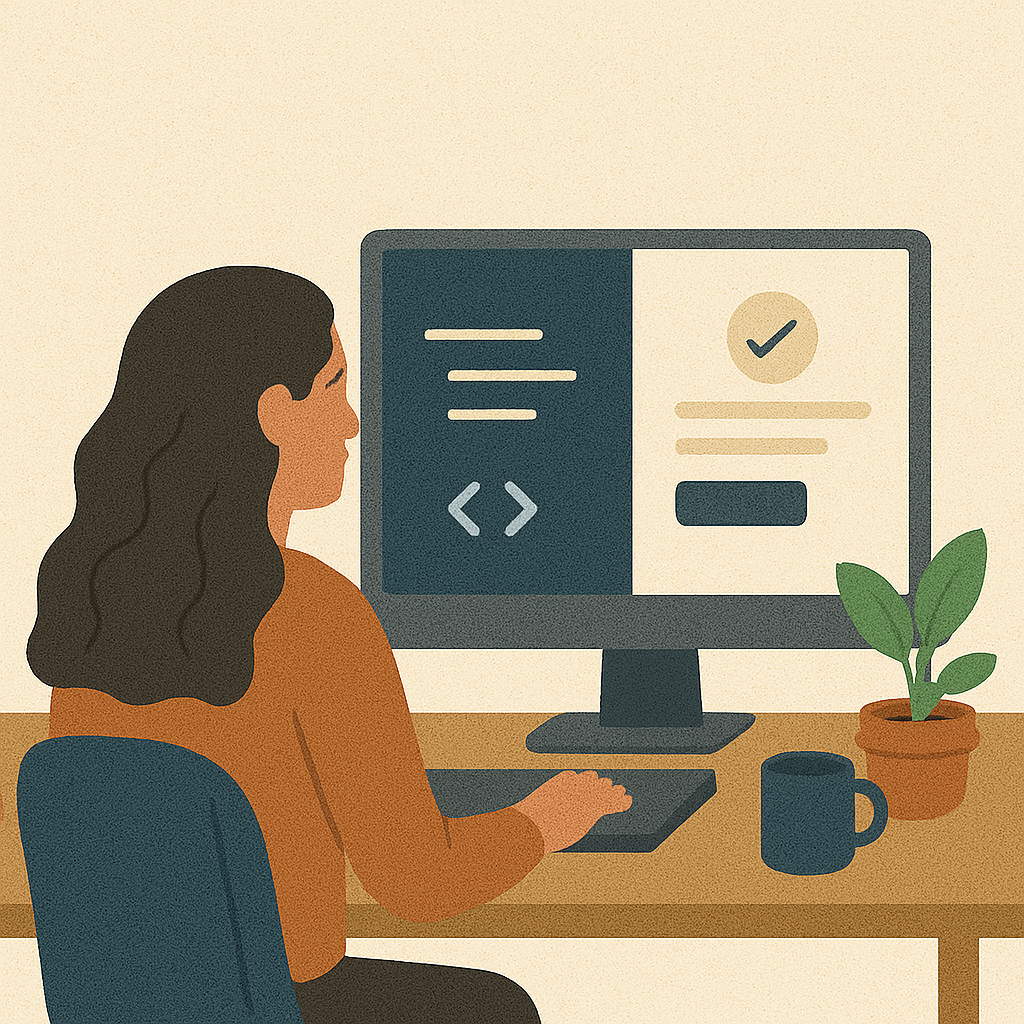Coding assessments are a critical part of landing roles in tech and data fields. Whether you’re applying for a position as a backend engineer, data analyst, or full-stack developer, your ability to tackle coding challenges effectively can make or break your interview.
But here’s the good news—preparing for technical assessments in tech jobs doesn’t have to be overwhelming. With a structured study plan, the right tools, and consistent practice, you can walk into your next technical interview feeling confident and ready.

Why Coding Challenges Matter in Tech Interviews
In tech interviews, it’s not just about whether you solve the problem—it’s about how you approach it.
Hiring managers use coding assessments to evaluate:
- Your logical reasoning
- Problem-solving patterns
- Ability to write clean, efficient code
- Communication and collaboration skills
Coding challenges simulate real-world tasks, so mastering them shows you can contribute to real engineering or data problems from day one.
Smart Strategies for Preparing for Technical Assessments in Tech Jobs
1. Use the Right Practice Platforms
Start with platforms like LeetCode and HackerRank. These simulate the environments used by major tech companies and provide challenges at all levels.
- For developers: Focus on recursion, sorting algorithms, arrays, and system design problems.
- For data professionals: Prioritize SQL queries, data manipulation, and algorithm efficiency.
Other tools to explore: CodeSignal, Codility, and DataLemur (for data-specific practice).
2. Create a Realistic Study Schedule
Consistency beats cramming.
- Aim to solve 2–3 coding problems per day.
- Mix it up: Try a balance of easy, medium, and hard challenges.
- Spend 30–60 minutes per problem: Don’t just solve it—analyze your approach, understand alternative solutions, and note common patterns.
3. Master Common Problem-Solving Patterns
Many coding interview questions follow similar patterns. Recognizing them quickly can save time and reduce stress.
Top patterns to master:
- Binary search
- Sliding window
- Two-pointer approach
- Recursion and backtracking
- Hash maps and sets
- Graph traversal (BFS and DFS)
The more patterns you know, the faster you’ll solve problems and identify the best approach.
4. Practice Explaining Your Thought Process
Communication is key. Even when coding solo, practice saying things like: “I’ll use a sliding window to keep track of the max sum while reducing time complexity to O(n).”
This trains you to speak clearly during interviews and shows how you think—an essential skill for roles where collaboration and problem-solving are core.
Need Help? Get Personalized Support
- Log in 5–10 minutes early to show punctuality and account for delays.
- Keep your resume, portfolio, and a pen/paper nearby for note-taking or questions.
Additional Best Practices for Remote Interviewing
If you’re feeling stuck or want more structure in your prep, you’re not alone. Working with a career coach can give you that extra boost.
- 🎯 Book a 1:1 Interview Coaching Session with Mock Interviews
Get expert feedback tailored to your specific role and skill set. - 📞 Request a Free 15-Minute Consultation
Let’s talk about your goals and create a targeted prep plan that works.
Conclusion: Build Confidence Through Consistent Practice
Technical interviews are a challenge—but they’re absolutely conquerable with the right preparation. By following a consistent schedule, focusing on role-specific skills, and learning how to communicate your solutions, you’ll be ready for anything.
Keep practicing. Keep learning. You’ve got this.
FAQs: Preparing for Technical Assessments in Tech Jobs
How long should I spend preparing for technical assessments?
Aim for 2–4 weeks of daily, focused practice—solving 2–3 problems per day is a great rhythm.
What are the most common topics in coding assessments?
For devs: algorithms, data structures, and recursion. For data pros: SQL, statistics, and data manipulation.
How do I stay calm during a timed coding test?
Practice under time constraints. Use platforms with mock timers and work in distraction-free environments.
Is it okay to look at hints or solutions when stuck?
Yes—but try your best first. Use hints to learn, not to shortcut the process.
Should I memorize code or focus on understanding patterns?
Understanding patterns is more valuable than memorizing syntax. It helps you solve new problems faster.
